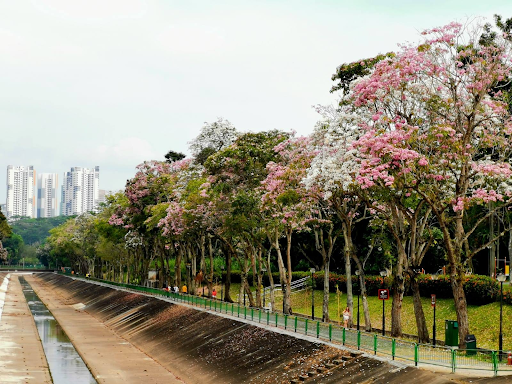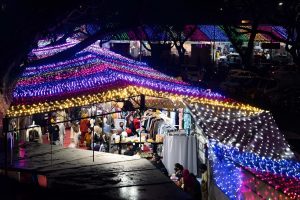If you’ve been on the internet these past few days, or even just left your house, you will know this. And chances are, like most netizens, you would have felt both amazement and disbelief that such a naturally beautiful phenomenon can happen Singapore.
Comments like, “Wah, Singapore also have Sakura?!” are a dime a dozen as everyone continues struggling to comprehend how our concrete jungle can possess such natural beauty. Nevermind that these are just bougainvillaeas that we are only too familiar with.
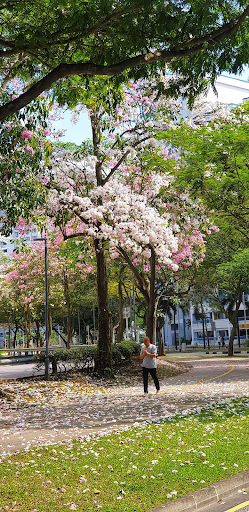
But why is it so difficult to believe that you can find natural beauty in Singapore?
This is my theory.
When we enter the world, the first thing we see are the four walls in the hospital. Then, we spend the next 20 years of our lives confined in classrooms, exam halls, and lecture theatres. The 40 years after are then spent in a sad little cubicle where all you can see is the clock and your balding colleague’s shiny scalp.
Finally, when you die, your remains are placed in a small, ten-inch wide compartment in a columbarium of your choice, where you will remain for eternity.
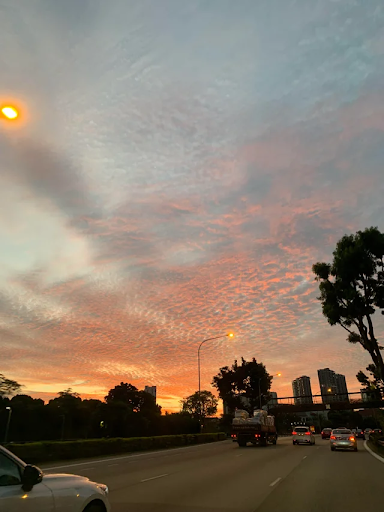
Could this perhaps be because many of these sights are man-made?
Think Gardens By The Bay. Think park connectors with recreational cycling paths that stretch to over 100km in length.
Yes, I am grateful for the infrastructure that makes it possible for us to get as close to nature as possible; that helps to balance out the glass and concrete that define much of our architecture.
However, because we don’t grow up in natural, organic environments, it is not in our culture to frequent these spots. Even if we do, it is usually because it’s a novelty, rather than because of a pure love of nature.
Furthermore, they are also a reminder of what we do not have, and the lengths that we’ve had to go to manufacture nature.
This stands in stark contrast to neighbouring countries like Thailand, Taiwan, or even Malaysia. No matter which part of the city you’re in, a short drive or train ride takes you into a natural environment boasting jungles or rivers.
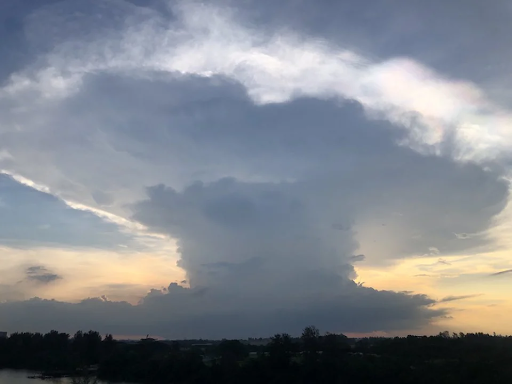
In Singapore, everyone suffers from urban fatigue. It is inescapable in a place where light and noise pollution are necessary trade-offs for being a modern, bustling city.
During last month’s Earth Hour festivities, the entire CBD took a momentary breather by switching off the lights that burn bright through day and night.
Think about the irony. We’ve spent decades building and perfecting the Singapore skyline with skyscrapers, even going as far as putting ships on top of buildings. Yet the thing we find most beautiful during Earth Hour is the pitch-black quietness that brings a brief respite from the hustle and bustle we so often glorify.
This is probably why farm stay holidays in Oceanic countries like Australia and New Zealand appeal to us so much. Or even shorter trips to beach destinations like Bali and Phuket. They give us the chance to unwind in a foreign environment where nature stretches beyond into the horizon.
Many of us even dream of retiring in such places. So much so that Perth is often affectionately referred to as “Singa-Perth” due to the high volume of Singaporeans who have moved there following retirement.
While I too enjoy vacationing in these countries, they also serve as a reminder of a missed opportunity.
Upon graduating from University, I considered applying for a Working Holiday Visa to New Zealand. The plan was to drive through the country, picking strawberries and kiwi fruits at farms in exchange for minimum wage or lodging.
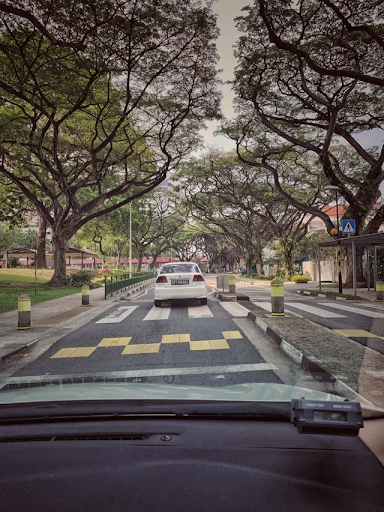
Eventually, I caved and found full-time employment, giving in to the very system I am now a part of because it was the easier thing to do.
I believe that this stems from a deeper, systemic problem.
In Singapore, the benchmark of living a good and fulfilling life looks vastly different from our Oceanic peers. Here, a good life is one where you get that lucrative corporate job by brandishing your decorated CV, before purchasing a swanky home and a luxury car with that six-figure salary. There is no bigger visual reminder of this than the imposing CBD skyline which looms large over our landscape.
We have not been raised to enjoy the little things in life, whether it be enjoying the fresh ocean breeze or watching a flower bloom in front of your eyes. Our hours spent working overtime in cramped cubicles turn amber sunsets into almost supernatural occurrence.
So perhaps the reason why we struggle to believe that Singapore can possess such instances of natural beauty is that we often associate it with places like Perth, New Zealand, or even Iceland. We continue to marvel at friends, relatives, and strangers who have sought alternative lifestyles in places like rural Japanese towns or even Chiangmai.
But what is perhaps worth considering more deeply is the fact that even if we were afforded the opportunity to leave, would we do so?
